 The United Nations (U.N.) now refers to the situation in Sudan as the “world’s largest human displacement crisis.” This is due to an ongoing civil war that Sudan’s armed forces and the paramilitary rapid support forces are fighting. Nearly eight million people have experienced displacement, with six million within Sudan and 1.5 million fleeing to neighboring countries. Nonetheless, here are five charities working to ease the plight of people in Sudan.
The United Nations (U.N.) now refers to the situation in Sudan as the “world’s largest human displacement crisis.” This is due to an ongoing civil war that Sudan’s armed forces and the paramilitary rapid support forces are fighting. Nearly eight million people have experienced displacement, with six million within Sudan and 1.5 million fleeing to neighboring countries. Nonetheless, here are five charities working to ease the plight of people in Sudan.
Save the Children
Save the Children, which has been operating in Sudan since 1983 and was founded by sisters Eglantyne Jebb and Dorothy Buxton, is dedicated to supporting communities in need. With a focus on delivering essential medical supplies and emergency trauma kits, Save the Children operates mobile health clinics within displaced camps. Additionally, it addresses malnutrition by distributing nutrition supplements to children in need. Recognizing the profound impact of psychological trauma on children, the organization also provides recreational activities and games to aid in their recovery. The nonprofit helped more than two million people, including 1.5 million children, in 2022.
Islamic Relief
Islamic Relief, operating in Sudan since 1984 and founded by Dr. Hany El-Banna and some students from the University of Birmingham, is adamant about reducing the practice of Female genital mutilation (FGM) in Sudan. Despite facing formidable challenges due to ongoing conflict in the region, Islamic Relief remains committed to this cause.
Sudan’s struggle with FGM is pronounced, with the United Nations Children’s Fund (UNICEF) reporting an alarming statistic: 86.6% of women in the region have been subjected to this harmful practice. It’s frequently the harshest form of FGM that women are put through and young girls aged 5-9 years old often fall prey to this practice.
The procedure is a breach of fundamental human rights. Therefore, it should be advocated against on a much larger scale than it is now, which is why the work of Islamic Relief is essential. Islamic Relief supports 26 health centers nationwide, providing health care and medicine access to 55,261 people. The nonprofit also offered food aid to 116,975 people. Further, it also provided shelter assistance to 2,395 people.
Doctors Without Borders (MSF)
Doctors Without Borders, which has been present in Sudan since 1971 and founded by Max Recaimer and Bernard Kouchner, both volunteer doctors working with the International Committee of the Red Cross funding, operate in 11 of the 18 Sudanese states. “An estimated 11 million people in Sudan need urgent health assistance,” according to the World Health Organization.
Since the conflict started in April 2023, the organization has donated medical equipment, fuel, oxygen, water tanks and other vital tools to hospitals and other health facilities in different parts of Sudan. MSF has successfully provided 586,800 outpatient appointments, delivered 350 tonnes of medical supplies and assisted in 1,950 births.
Muslim Aid
Muslim Aid, founded in 1985 by 17 Islamic organizations and operating in Sudan since 1991, works to improve the country’s overall state. In 2022, the organization prioritized several key areas to uplift communities across Sudan. Among these initiatives was a concerted effort to enhance access to education by supporting 2000 children. Additionally, the nonprofit supported economic empowerment, aiding in the restoration of independent businesses and offered regular child sponsorship starting from £30 ($38.17) per month. The country office for the charity is considered one of the “main partners of UNHCR in addressing asylum seekers from Eastern Sudan.” More than 100,000 people have been beneficially impacted by “key projects” set up by Muslim Aid.
International Committee of the Red Cross (ICRC)
Founded in 1859 by Henry Dunant, ICRC, a nonprofit organization, has been active in Sudan since 1978. In 2023, the ICRC provided essential household items to 20,700 individuals and facilitated 66,500 phone calls between separated family members. Furthermore, it assists farmers by providing seeds and tools and vaccinating pastoralist livestock against diseases. The organization also plays a pivotal role in facilitating the release of detainees. It offers them necessities like clothing and resources to aid in returning to their respective areas of origin.
Many more charities are operating in Sudan due to the intensity of the current conflict. These charities have been on the ground in Sudan for decades and continue to make a positive impact.
– Uswah Khan
Photo: Pexels
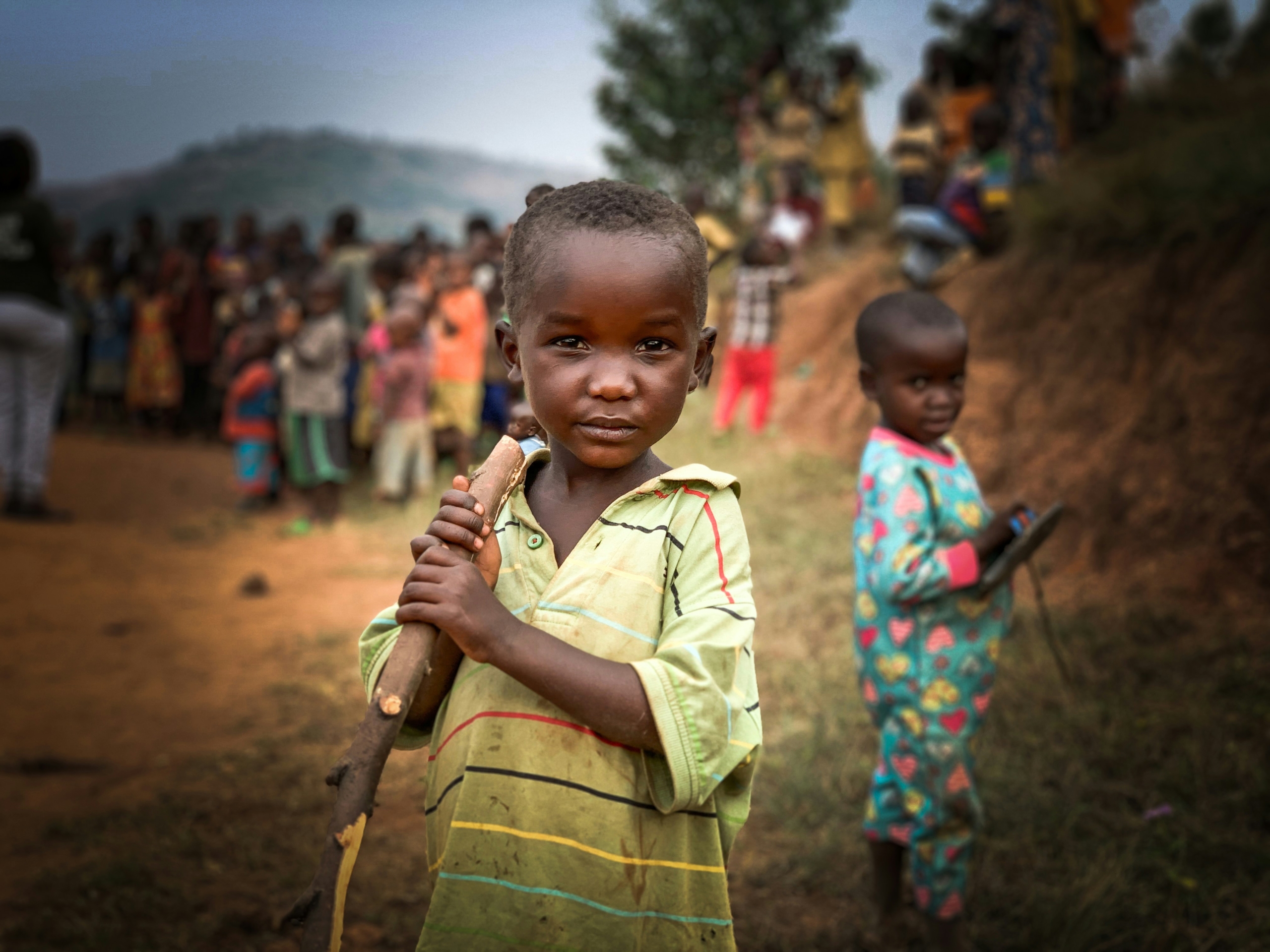
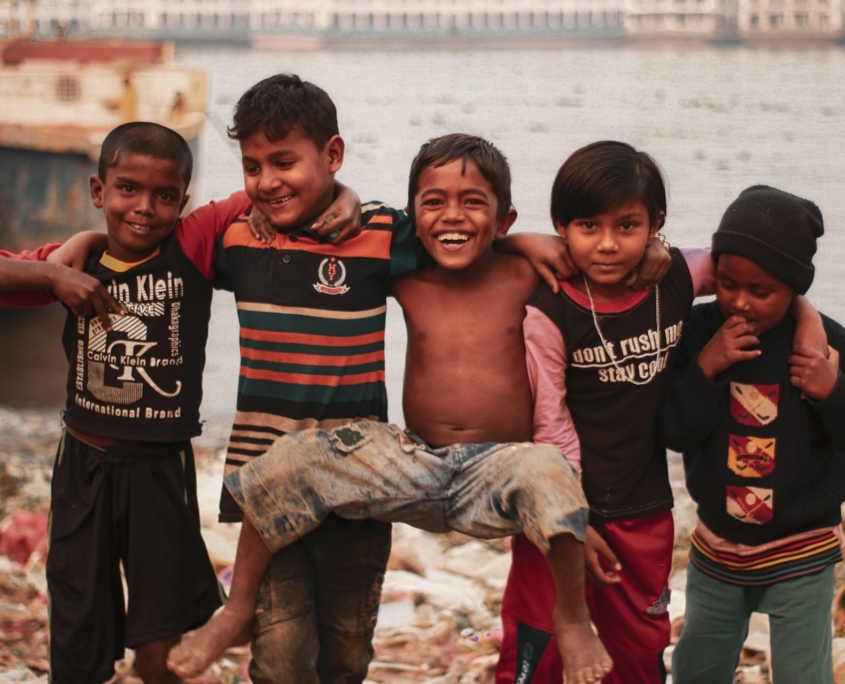 Bangladesh has made significant progress in welfare and poverty reduction since the 2000s. The country’s poverty rate decreased from
Bangladesh has made significant progress in welfare and poverty reduction since the 2000s. The country’s poverty rate decreased from 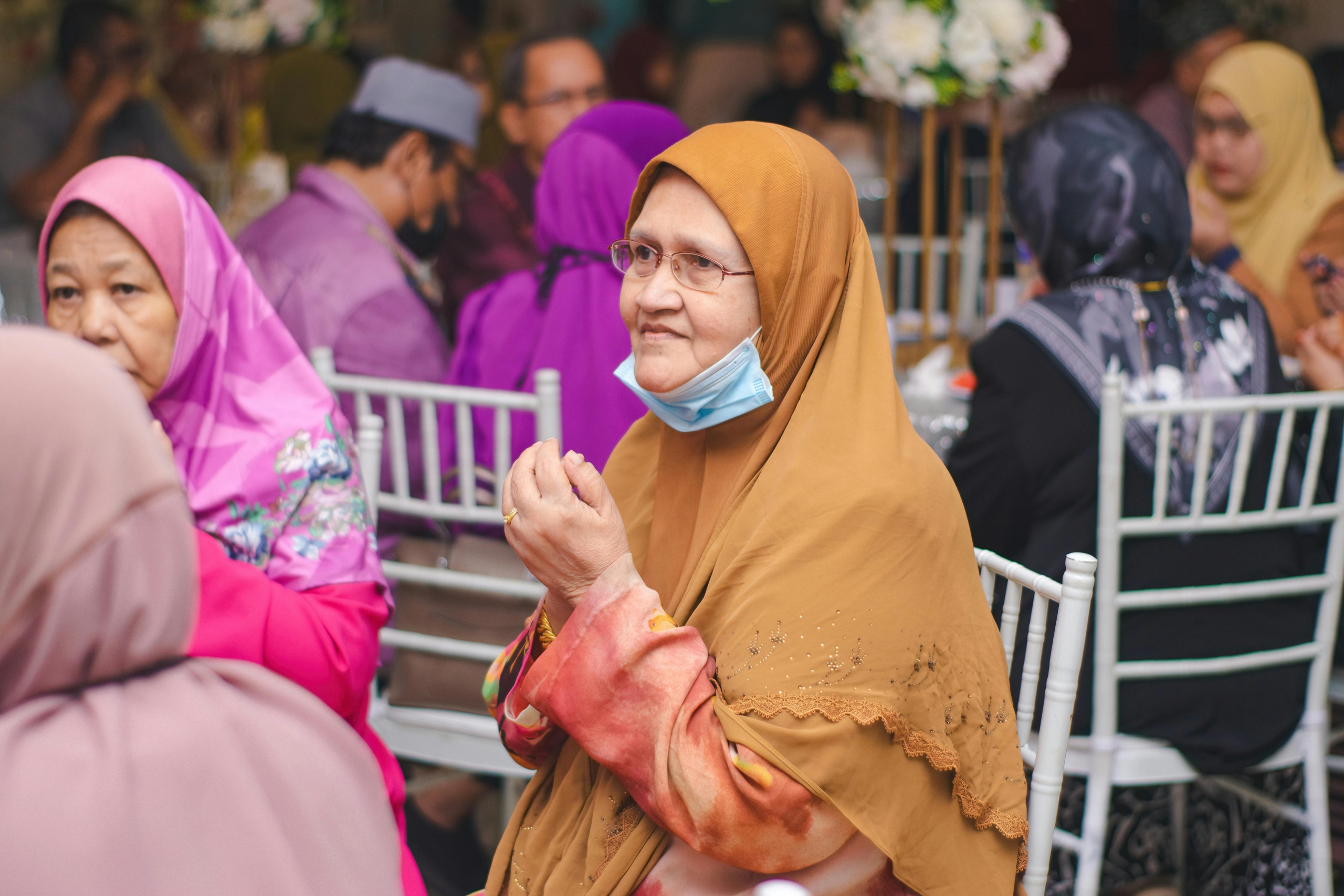
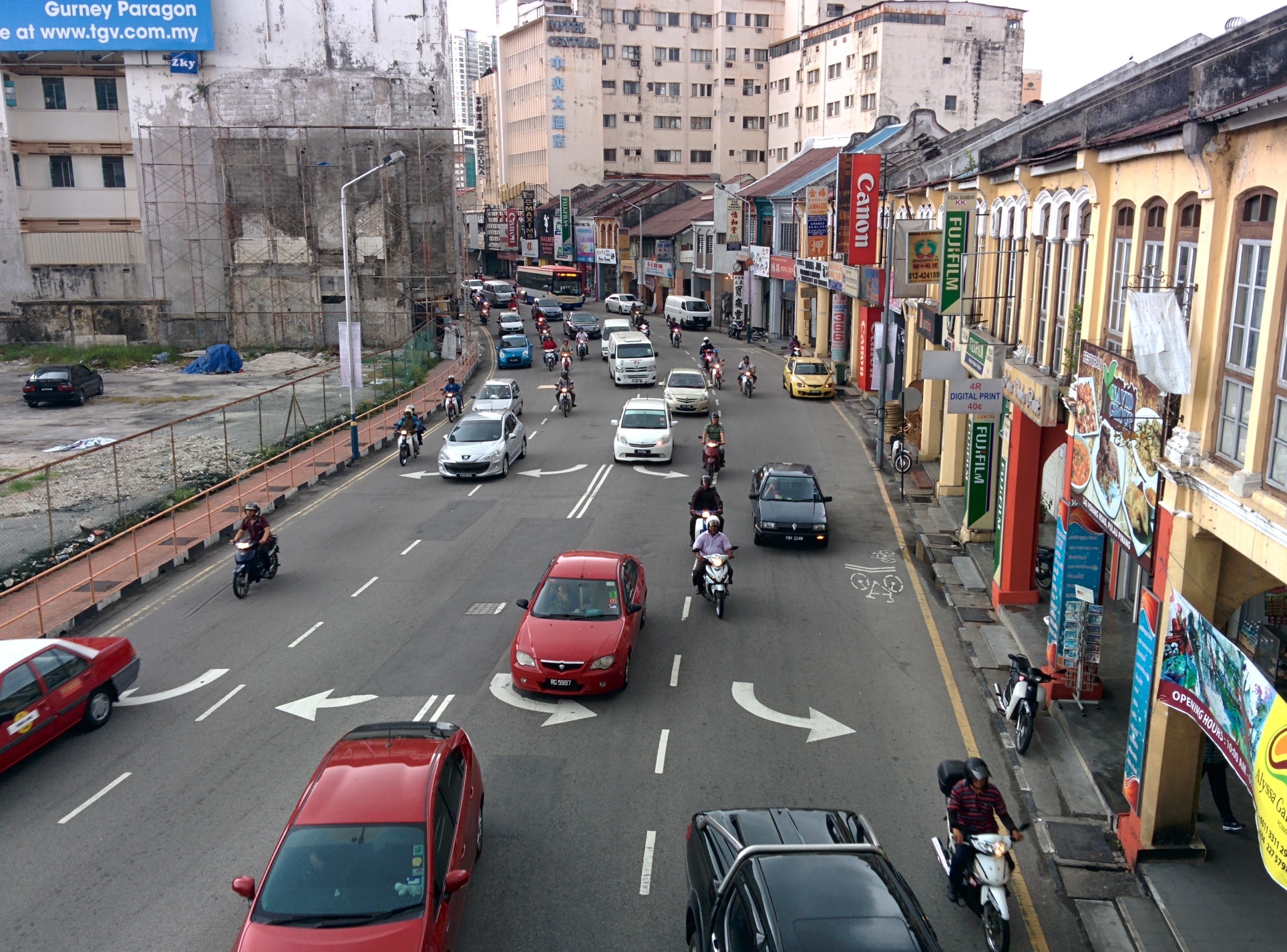

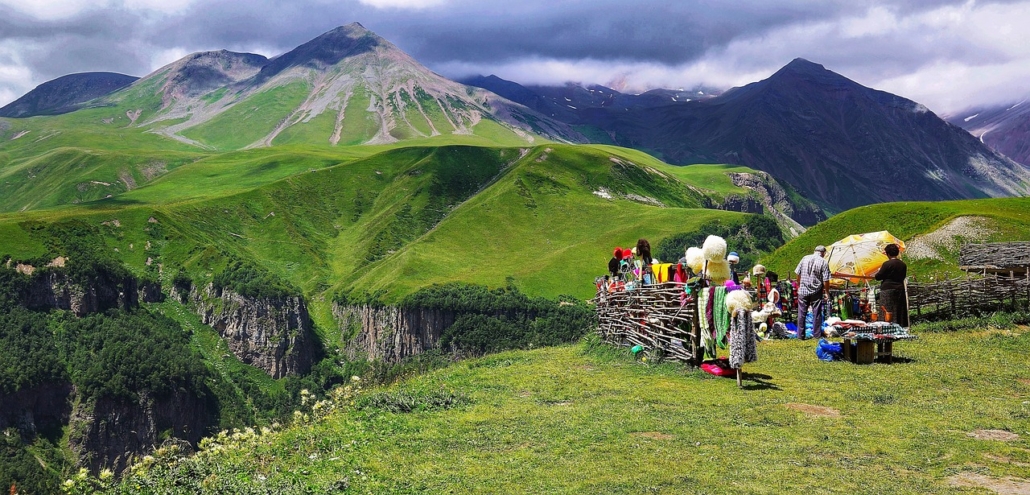
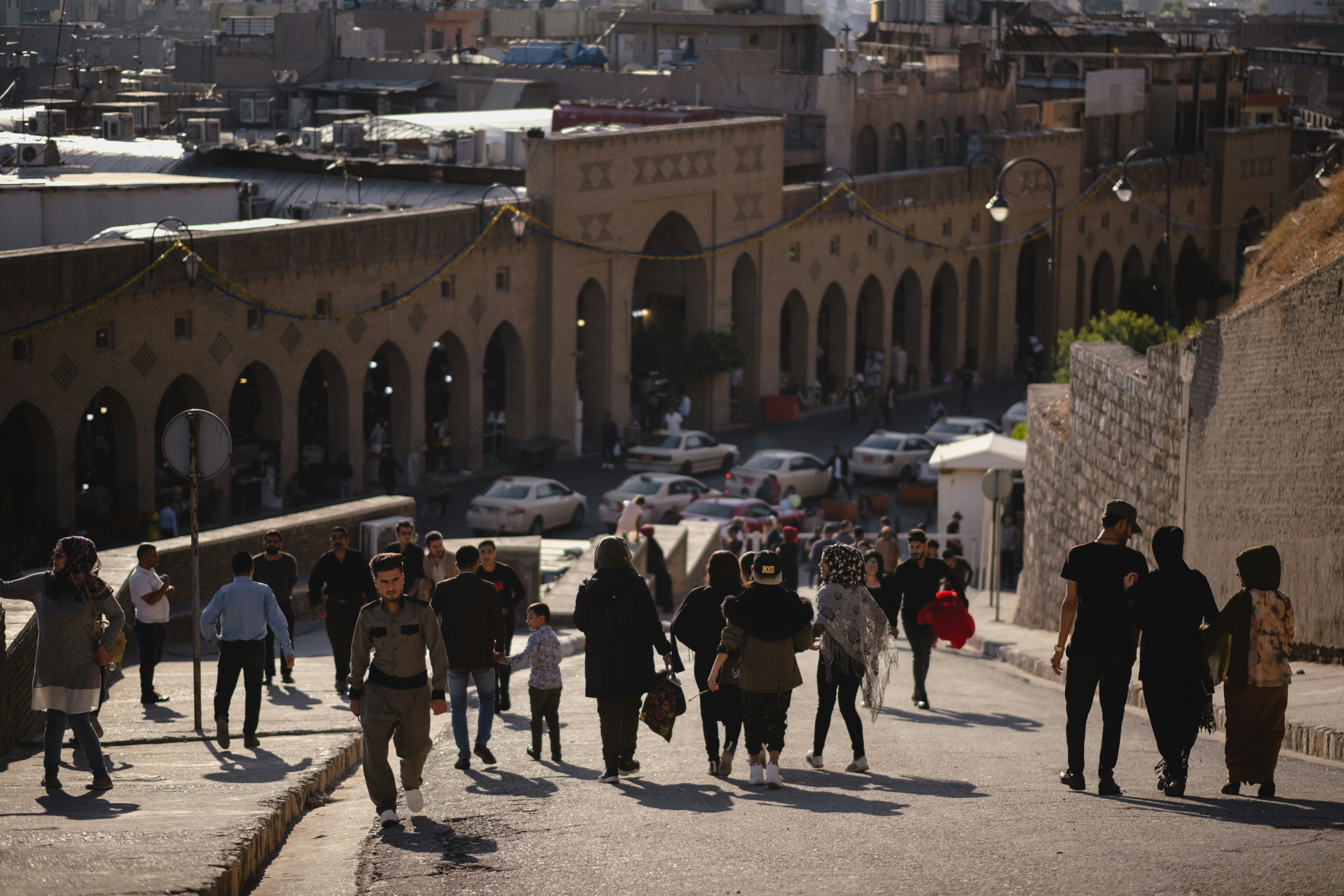 Iraqi Kurdistan has been greatly affected by civil conflicts, terrorist attacks and government instability.
Iraqi Kurdistan has been greatly affected by civil conflicts, terrorist attacks and government instability. 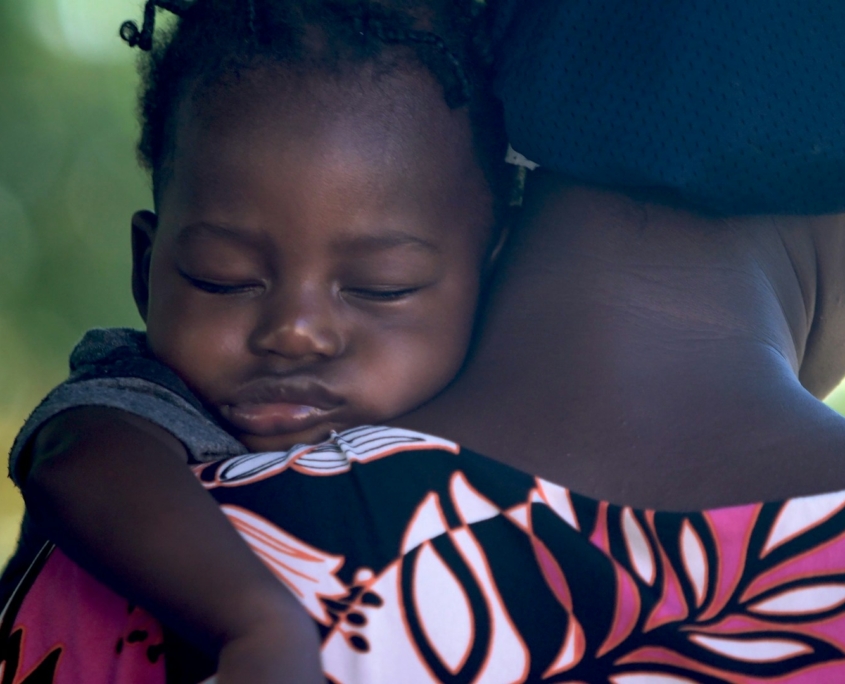 Maternal mortality rates in Liberia exceed regional averages, significantly impacting infant survival. Yet, recent years have seen a decline in these rates, from an average of 777 maternal deaths per 100,000 live
Maternal mortality rates in Liberia exceed regional averages, significantly impacting infant survival. Yet, recent years have seen a decline in these rates, from an average of 777 maternal deaths per 100,000 live 